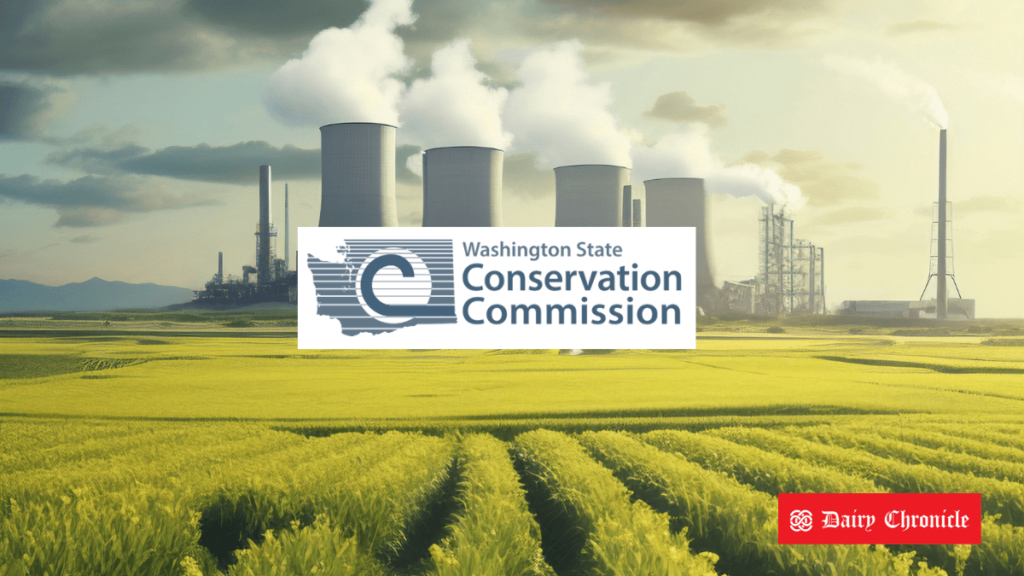Washington State University Tri-Cities receives $200,000 from the Washington State Conservation Commission to advance manure management research. The project aims to reduce greenhouse gas emissions, enhance dairy farm efficiency, and improve cow health using innovative pre-treatment technology.
The Washington State Conservation Commission has awarded $200,000 to researchers at Washington State University (WSU) Tri-Cities to investigate a pioneering approach to manure management. This funding is set to support a novel process aimed at significantly reducing greenhouse gas emissions, boosting economic efficiency for dairy farmers, and improving cow health. Washington State University Tri-Cities, renowned for its research excellence in agriculture and environmental sustainability, will utilize this grant to address critical challenges in manure management and advance practical solutions for the dairy industry.
Research Details
The funded project, led by Birgitte Ahring, a professor specializing in biomass conversion and anaerobic digestion at WSU Tri-Cities, will evaluate the effectiveness of a pre-treatment technology for manure. Current manure management practices, including lagoon storage and biogas production, have limitations such as greenhouse gas emissions and potential health risks for cows.
Ahring’s team plans to use pre-treatment technology to enhance the carbon conversion efficiency of anaerobic digestion. This process is expected to increase biogas production by up to 100% and improve carbon conversion efficiency from a maximum of 50% to up to 80%. Additionally, the technology aims to sanitize manure solids, making them safer for use as bedding material, thus reducing the risk of infections in dairy cows.
Collaborative Efforts
The project will also involve testing the pre-treatment process for its impact on infectious microbes in collaboration with Craig McConnell, an associate professor and director of the veterinary medicine extension at WSU Pullman.
Anticipated Benefits
The anticipated benefits of this research include a reduction in methane and greenhouse gas emissions through the production of renewable natural gas, improved economics for milk production, and enhanced cow health. The findings will be shared with Washington dairies and industry stakeholders by June 2025.
“This new technology has the potential to offer both economic and environmental benefits, and we hope it will encourage further adoption and implementation in the dairy industry,” Ahring stated.
Washington State Conservation Commission
The Washington State Conservation Commission supports the conservation of natural resources through collaborative and incentive-based programs, aiming to improve environmental practices across the state.



